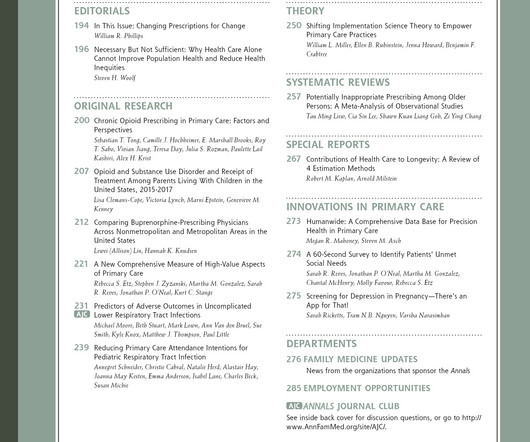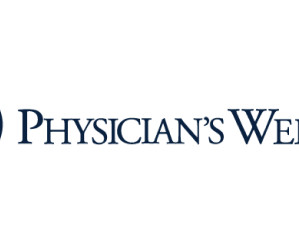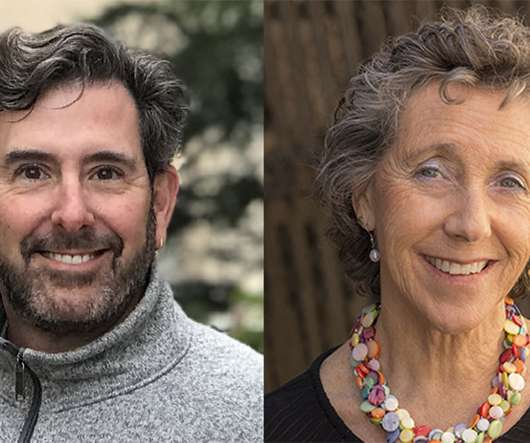Exploring Medical Trainees Perspectives on Narrative Medicine Education and Narrative Humility [Qualitative research]
Annals of Family Medicine
NOVEMBER 20, 2024
Context: Western values of heroism and individualistic empowerment exert significant influence over how we make meaning out of patient stories. Currently, the field of narrative-based medicine (NBM) lacks research that examines the potential harms of using dominant Western narrative forms to represent patients’ lived experiences.
















Let's personalize your content